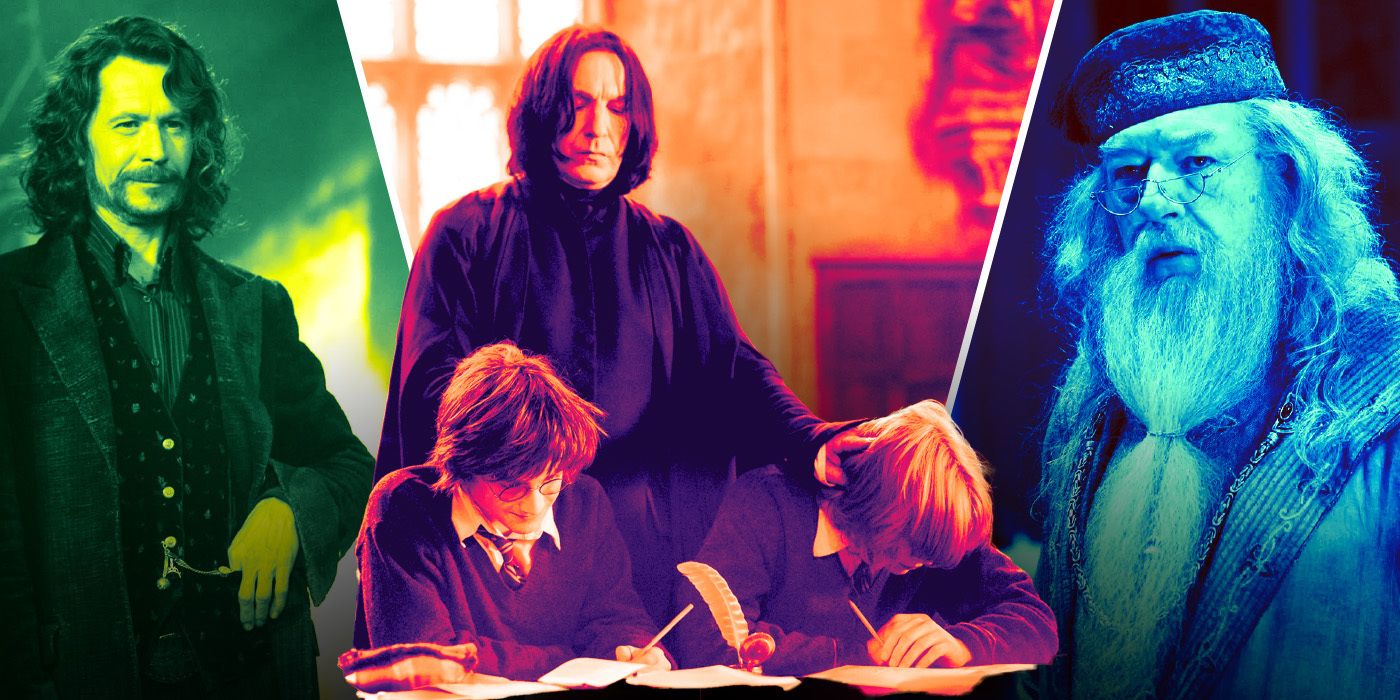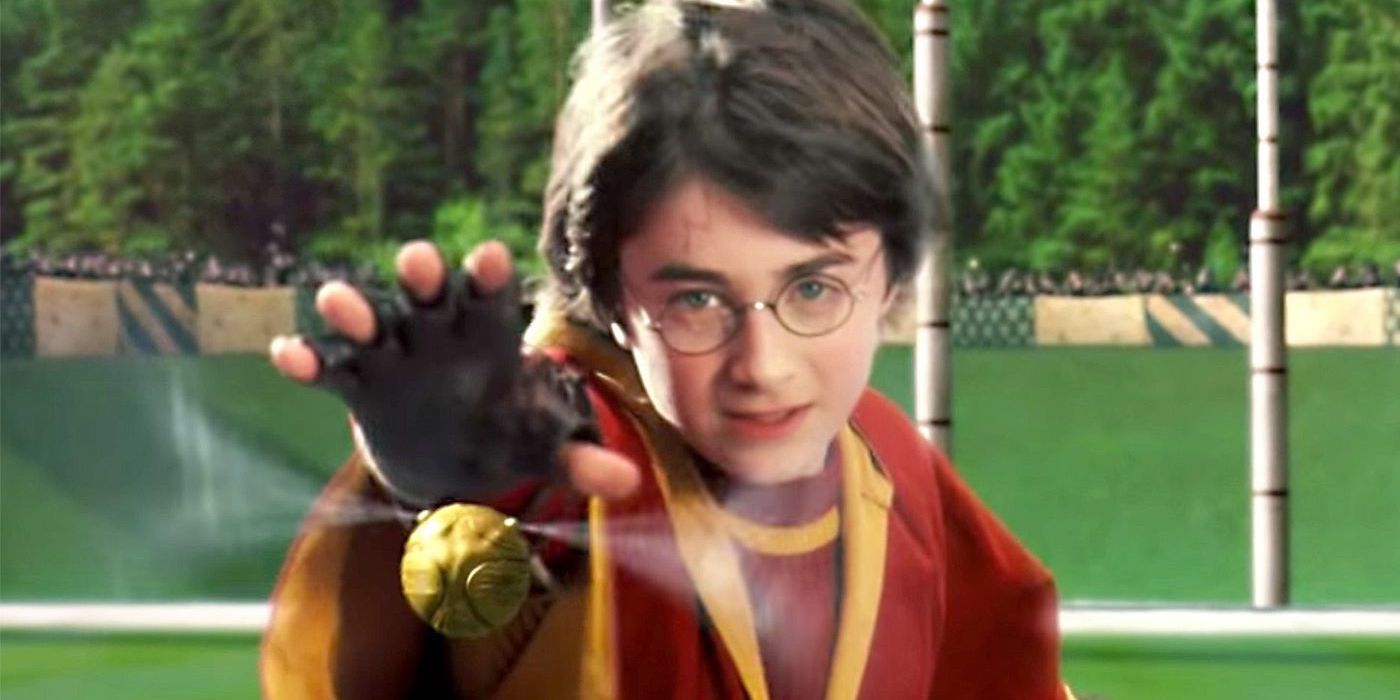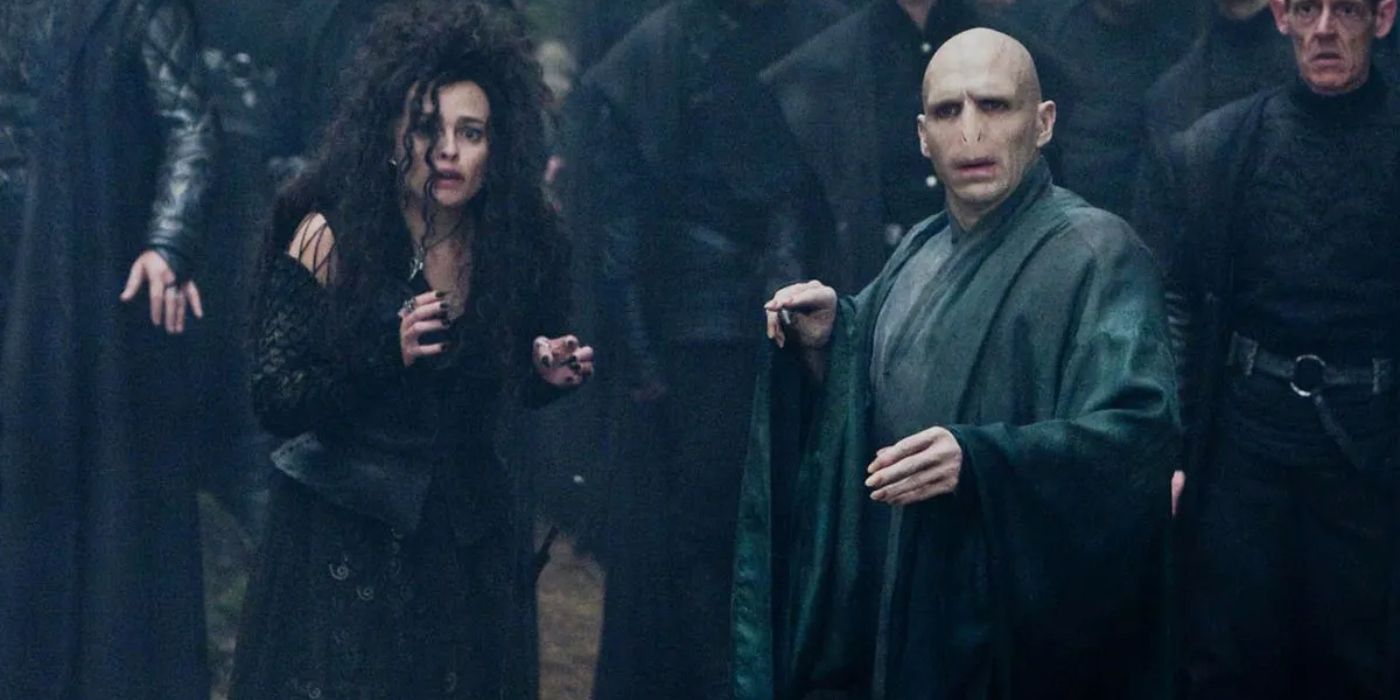With over $7.5 Billion earned at the worldwide box office, the Harry Potter franchise is one of the most successful film franchises in film history. So it comes as no surprise that Warner Brothers Discovery continues to do everything it can to milk that cash cow. Therefore the announcement in April 2023 that a television series adaptation of the popular children's series was in the works seemed inevitable. However, that doesn't mean it's a good idea for the IP or the fandom who embraced it.
Pop culture is cyclical. Fashion inspired by the 80s, 90s, and 00s dominates the runways, and nostalgia populates our film and television screens with remakes, reboots, and revivals of franchises such as Star Trek, Lord of the Rings, Star Wars, and even Ghostbusters. A Harry Potter reboot was always inevitable, but with the final film having only been released in 2011, a play still finding its way across the globe, and the recent disappointing Fantastic Beasts franchise failing to deliver the promised 4th and 5th films, is it too soon to go back to Hogwarts? Moreover, does the biggest threat to the series now lie in the creator herself and does J.K. Rowling's involvement kill any excitement a reboot would have?
Update January 20, 2024: This article has been updated by Valerie Parker following recent updates on the status of the Harry Potter series reboot at Warner Bros Discovery.
The Argument for a Television Adaptation
If you're a fan of the Harry Potter books, there's no denying that the film adaptations left something to be desired. While they captured much of the magic and imagination that captivated a generation, the format of the film proved a limiting format that necessitated many beloved details being left on the cutting room floor. Characters and plotlines were discarded simply for being ancillary to the main plot.
Under these circumstances, a television adaptation might seem desirable. After all, much more of the meat of the books could be fit into a theoretical 10-hour yearly series than could be included in a 2.5 to 3-hour movie. Beloved characters like Peeves the Poltergeist could be included, while characters such as Ginny Weasley and Nymphadora Tonks could be fleshed out to feel more true to their portrayals in the book series. Storylines featured in the films but missing major plot details needed for them to be coherent to an audience unfamiliar with the source material, such as the story of the Marauders or Voldemort's personal history, could be given more time and detail.
Adapting any book into a film is a challenge, requiring much of the meat of the story to hit the cutting room floor, especially in a fantasy world as rich as the one created in the Harry Potter book series. The recent successful adaptation of Philip Pullman's His Dark Materials trilogy, from the BBC and HBO, in contrast to the previously failed attempt at a trilogy film series that resulted in only one poorly received film, The Golden Compass, is a prime example. The 3-season series of 7-8 episodes each allowed the creators to build a richer world that spanned universes and allowed audiences to connect in a way the film with its 1 hour and 53-minute runtime just couldn't allow.
So it can be assumed that though the film adaptations of Harry Potter were well received, one can only dream of the richness the same world could include when given more time to adapt more of the 7-part book series. However, there is a big difference between The Golden Compass and Harry Potter: Harry Potter finished its story, and the films were beloved by people worldwide.
A Blatant Cash Grab
While there are ways that a television adaptation could service the book series better than the film series did, there doesn't seem to be any real need for it. Though fans of the books would in some ways be thrilled to see the more faithful adaptation of the books that Warner Bros. Discovery has promised, the truth is that the 8-part film series was widely acclaimed by fans as having captured the most important details of the books, the magic of the Wizarding World, the portrayal of the lead characters, and that was evidenced by the fact that all were widely successful at the box office. The films continue to be revered, and those who wish to find the missing detail can simply reach for the books or audiobooks themselves.
Therefore, fans seem to be seeing this move to reboot the franchise as nothing more than a blatant cash grab from a studio unwilling to leave a penny on the floor from one of its most successful IP. The studio's promise of a "faithful adaptation" reads as simply retelling a story most are already familiar with and adding nothing new. Indeed, the teaser that was released to announce the project uses the familiar Harry Potter film franchise theme as composed by John Williams, the same font for the title, and the famous Hogwarts castle grounds created for that original series. It seems the only new aspects audiences can expect are its cast, who will be put in the untenable position of being compared to the much-beloved originals.
One aspect where an adaptation could make improvements over both the books and films and justify its existence beyond simply the hopes for a financial windfall would be to address questions of inclusion and representation that have been brought to the forefront since their release. Addressing the negative stereotypes included in the source material in the portrayal of non-white characters, the coding of the Goblins, the villainization of overweight characters, and the lack of any LGBTQ+ representation beyond the later retcon of Dumbledore's sexuality by the author would all be positive steps that could be taken in a television series.
However, these improvements are unlikely to be made as JK Rowling has been confirmed to be an Executive Producer. Unlike Star Wars, where new creative voices can now help shape the franchise, Harry Potter is still firmly under the thumb of J.K. Rowling, and she is expected to be heavily involved in the project, which creates a big problem.
Why We Cannot Separate the Art from the Artist
There was a time when Potterheads would gladly have supported a TV series that promised to be a faithful adaptation focusing on one book every season, and that promised to carve out space for each and every beloved detail from the original material. However, in the last few years, the author has revealed her unapologetic bigotry and has done much to taint the work once beloved. It's lead many to reconsider the Harry Potter series, its problematic aspects, and their support of the property.
Several actors associated with her works have also openly distanced themselves from her stance on trans rights, including the series stars Daniel Radcliffe, Emma Watson, and Rupert Grint. Radcliffe even emphasized, “To all the people who now feel that their experience of the books has been tarnished or diminished. I am deeply sorry for the pain these comments have caused you. I really hope that you don’t entirely lose what was valuable in these stories to you…. And in my opinion, nobody can touch that. It means to you what it means to you and I hope that these comments will not taint that too much.”
There are many artists, both long past and still creating, whose views have been discussed in the context of their creations and whether or not those projects can continue to be supported. Rowling's refusal to step away from her transphobic rhetoric and the use of her substantial profits from the series make it impossible to separate the art from the artist. She actively uses the money she makes from a franchise that had once been celebrated as a symbol of hope and a refuge for marginalized and traumatized kids all over the world to support and donate to causes that are trans-exclusionary.
The fact remains that any money spent on the franchise in the form of licensing is money that is put into causes that are against human rights. By continuing to produce content in the Wizarding World, Warner Bros. Discovery is actively contributing to Rowling's hateful causes. This reboot is, therefore, rightly seen as a cynical attempt to profit off of the popularity of the series while ignoring the concerns of fans who feel that Rowling's views are harmful.
The Harry Potter Film Franchise is currently streaming on Max




